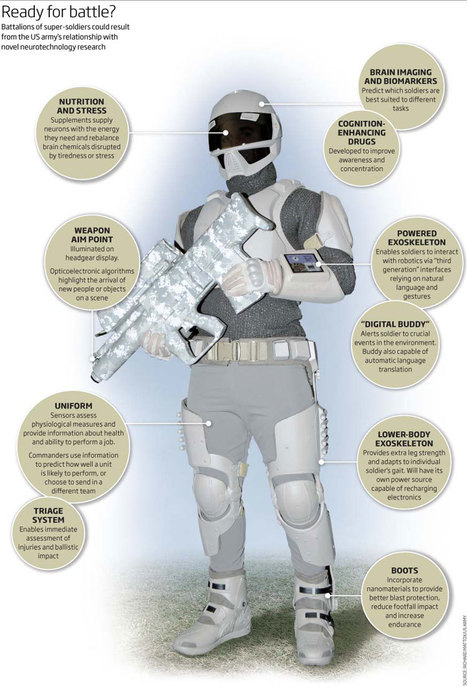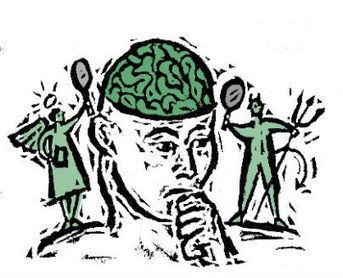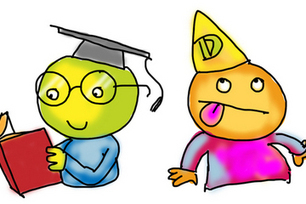A working group led by the Royal Society has warned the scientific community and the Government to tread carefully when entering the ethical minefield that is the use of neuroscience.
Research and publish the best content.
Get Started for FREE
Sign up with Facebook Sign up with X
I don't have a Facebook or a X account
Already have an account: Login

 Your new post is loading... Your new post is loading...
 Your new post is loading... Your new post is loading...
|
|






















